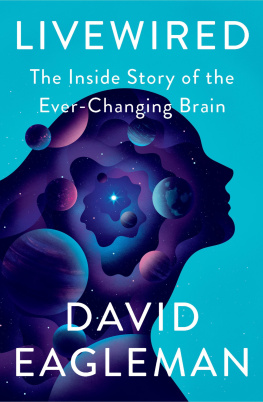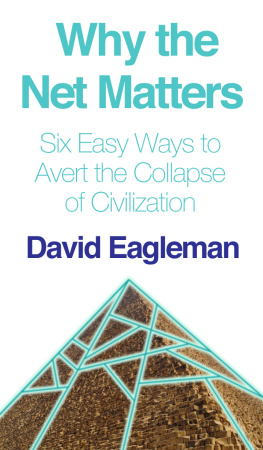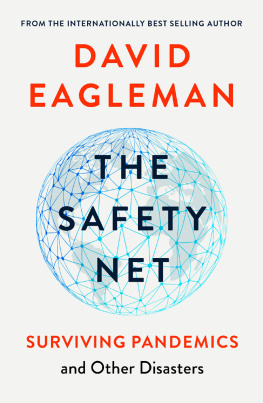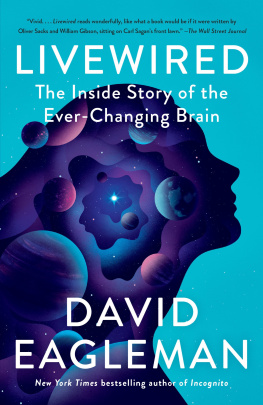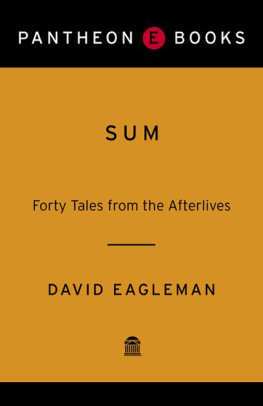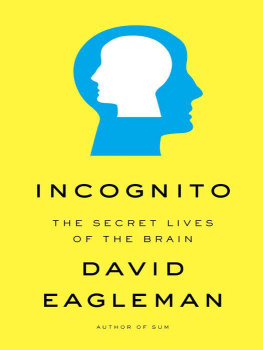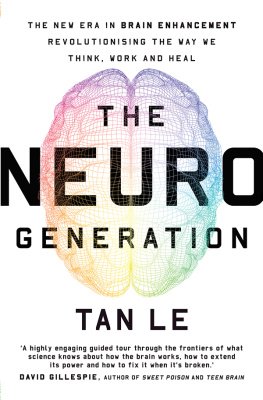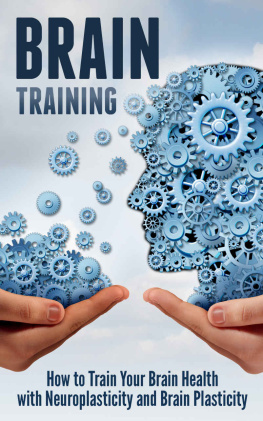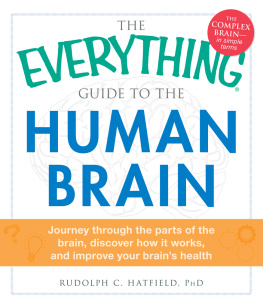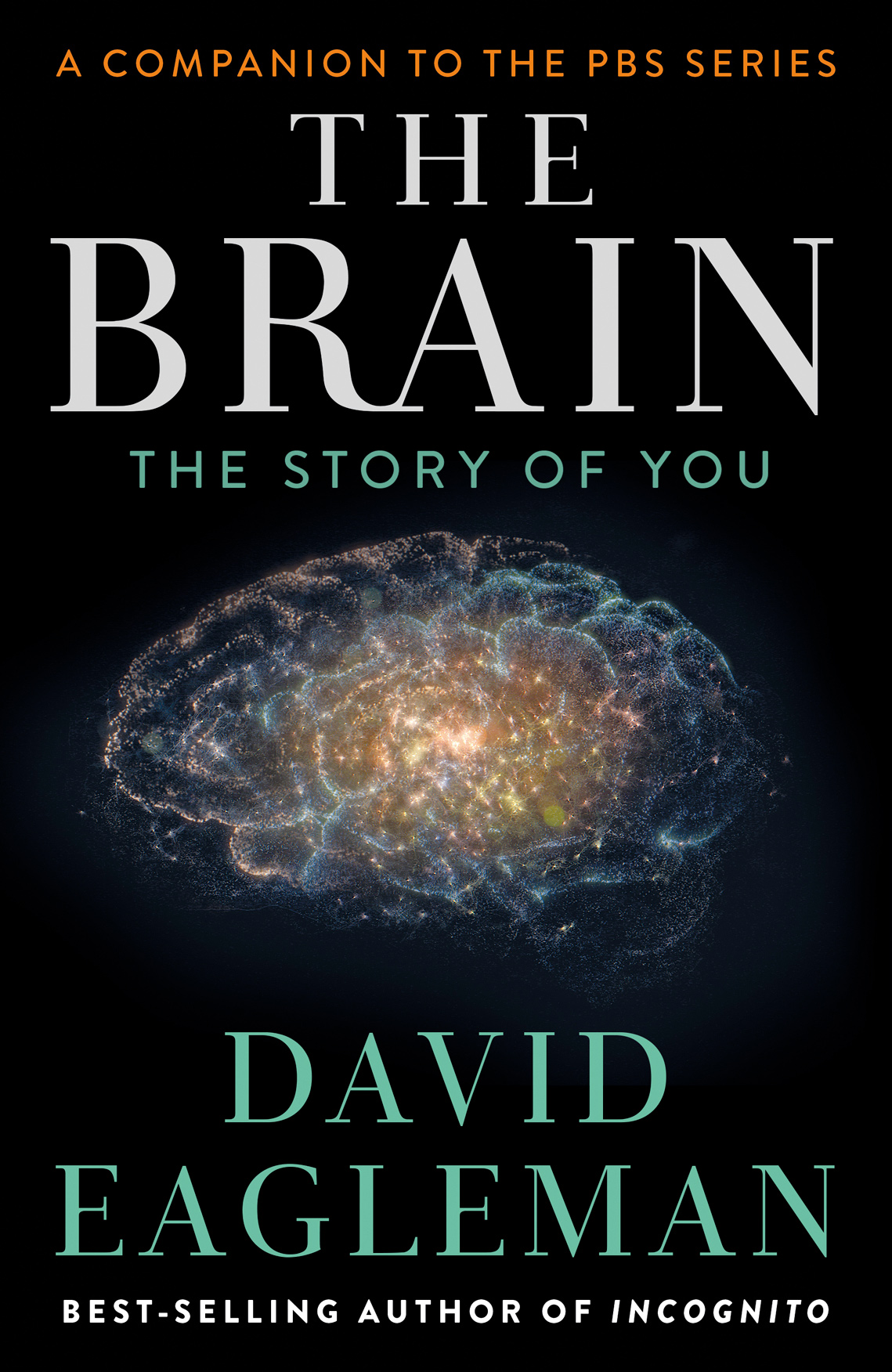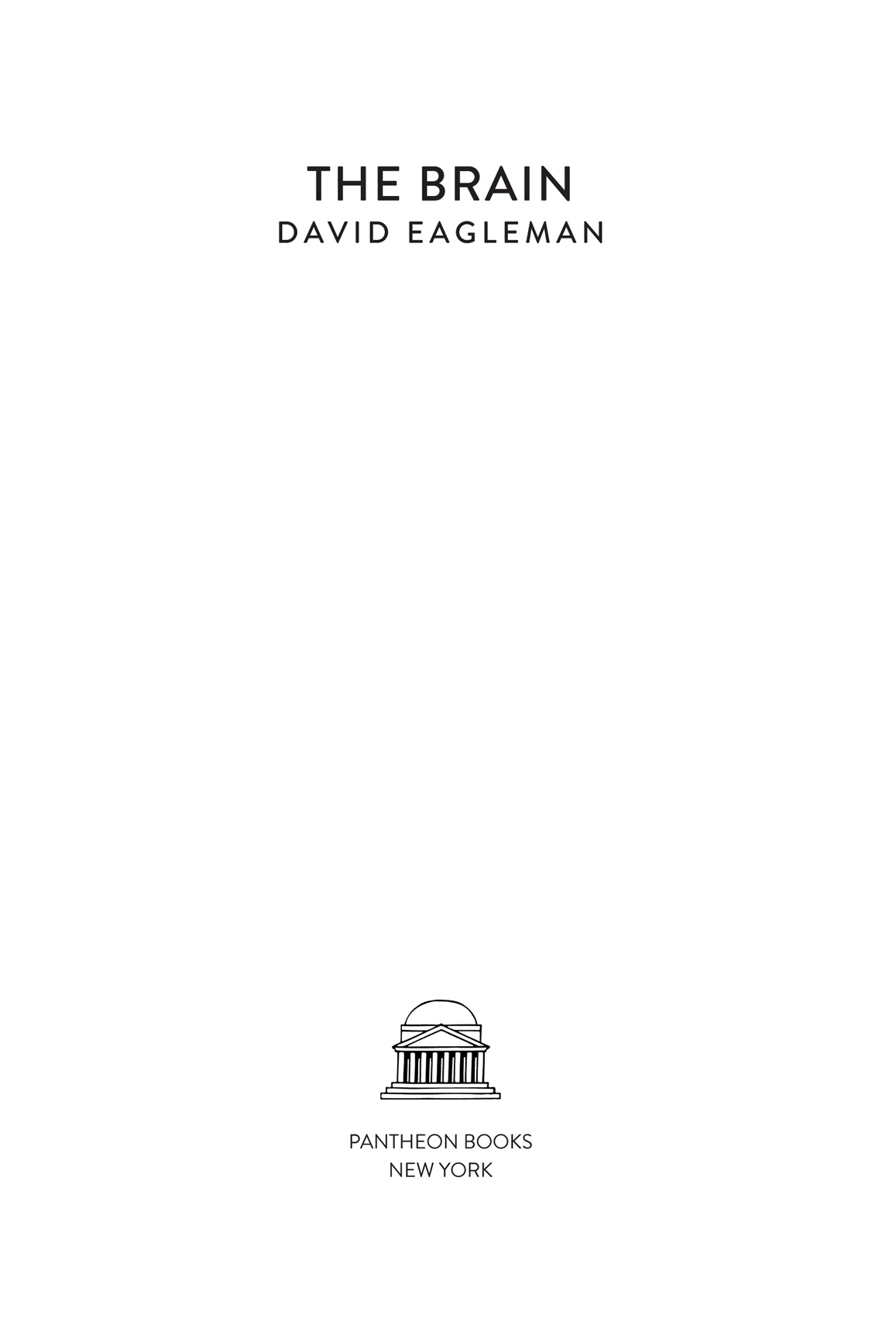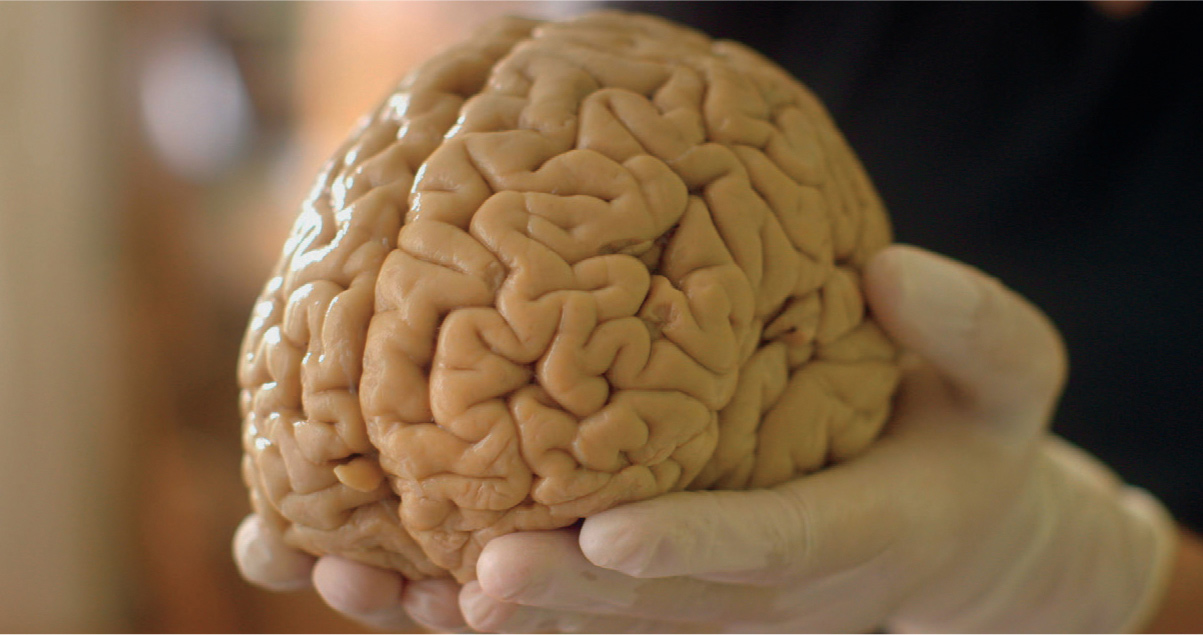Introduction
Because brain science is a fast-moving field, its rare to step back to view the lay of the land, to work out what our studies mean for our lives, to discuss in a plain and simple way what it means to be a biological creature. This book sets out to do that.
Brain science matters. The strange computational material in our skulls is the perceptual machinery by which we navigate the world, the stuff from which decisions arise, the material from which imagination is forged. Our dreams and our waking lives emerge from its billions of zapping cells. A better understanding of the brain sheds light on what we take to be real in our personal relationships and what we take to be necessary in our social policy: how we fight, why we love, what we accept as true, how we should educate, how we can craft better social policy, and how to design our bodies for the centuries to come. In the brains microscopically small circuitry is etched the history and future of our species.
Given the brains centrality to our lives, I used to wonder why our society so rarely talks about it, preferring instead to fill our airwaves with celebrity gossip and reality shows. But I now think this lack of attention to the brain can be taken not as a shortcoming, but as a clue: were so trapped inside our reality that it is inordinately difficult to realize were trapped inside anything. At first blush, it seems that perhaps theres nothing to talk about. Of course colors exist in the outside world. Of course my memory is like a video camera. Of course I know the real reasons for my beliefs.
The pages of this book will put all our assumptions under the spotlight. In writing it, I wanted to get away from a textbook model in favor of illuminating a deeper level of enquiry: how we decide, how we perceive reality, who we are, how our lives are steered, why we need other people, and where were heading as a species thats just beginning to grab its own reins. This project attempts to bridge the gap between the academic literature and the lives we lead as brain owners. The approach I take here diverges from the academic journal articles I write, and even from my other neuroscience books. This project is meant for a different kind of audience. It doesnt presuppose any specialized knowledge, only curiosity and an appetite for self-exploration.
So strap in for a whistle-stop tour into the inner cosmos. In the infinitely dense tangle of billions of brain cells and their trillions of connections, I hope youll be able to squint and make out something that you might not have expected to see in there. You.
All the experiences in your life from single conversations to your broader culture shape the microscopic details of your brain. Neurally speaking, who you are depends on where youve been. Your brain is a relentless shape-shifter, constantly rewriting its own circuitry and because your experiences are unique, so are the vast, detailed patterns in your neural networks. Because they continue to change your whole life, your identity is a moving target; it never reaches an endpoint.
Although neuroscience is my daily routine, Im still in awe every time I hold a human brain. After you take into account its substantial weight (an adult brain weighs in at three pounds), its strange consistency (like firm jelly), and its wrinkled appearance (deep valleys carving a puffy landscape) whats striking is the brains sheer physicality: this hunk of unremarkable stuff seems so at odds with the mental processes it creates.
Our thoughts and our dreams, our memories and experiences all arise from this strange neural material. Who we are is found within its intricate firing patterns of electrochemical pulses. When that activity stops, so do you. When that activity changes character, due to injury or drugs, you change character in lockstep. Unlike any other part of your body, if you damage a small piece of the brain, who you are is likely to change radically. To understand how this is possible, lets start at the beginning.
An entire life, lavishly colored with agonies and ecstasies, took place in these three pounds.
Born unfinished
At birth we humans are helpless. We spend about a year unable to walk, about two more before we can articulate full thoughts, and many more years unable to fend for ourselves. We are totally dependent on those around us for our survival. Now compare this to many other mammals. Dolphins, for instance, are born swimming; giraffes learn to stand within hours; a baby zebra can run within forty-five minutes of birth. Across the animal kingdom, our cousins are strikingly independent soon after theyre born.
On the face of it, that seems like a great advantage for other species but in fact it signifies a limitation. Baby animals develop quickly because their brains are wiring up according to a largely preprogrammed routine. But that preparedness trades off with flexibility. Imagine if some hapless rhinoceros found itself on the Arctic tundra, or on top of a mountain in the Himalayas, or in the middle of urban Tokyo. It would have no capacity to adapt (which is why we dont find rhinos in those areas). This strategy of arriving with a pre-arranged brain works inside a particular niche in the ecosystem but put an animal outside of that niche, and its chances of thriving are low.


